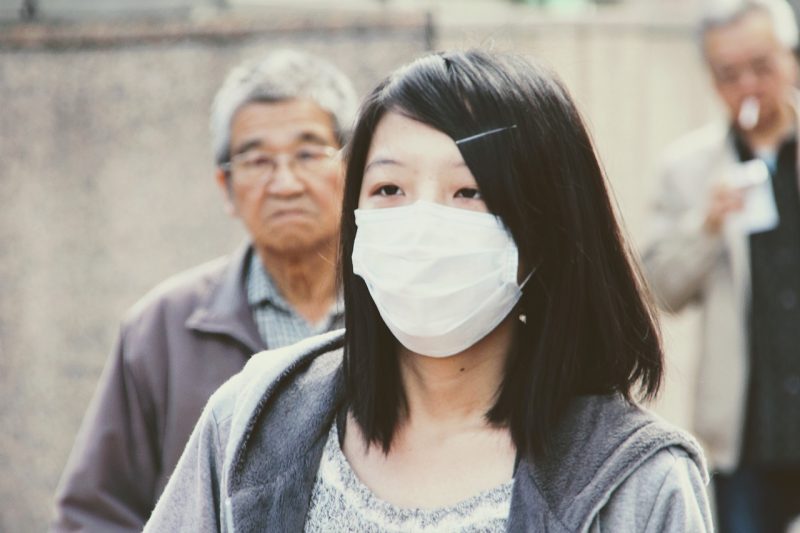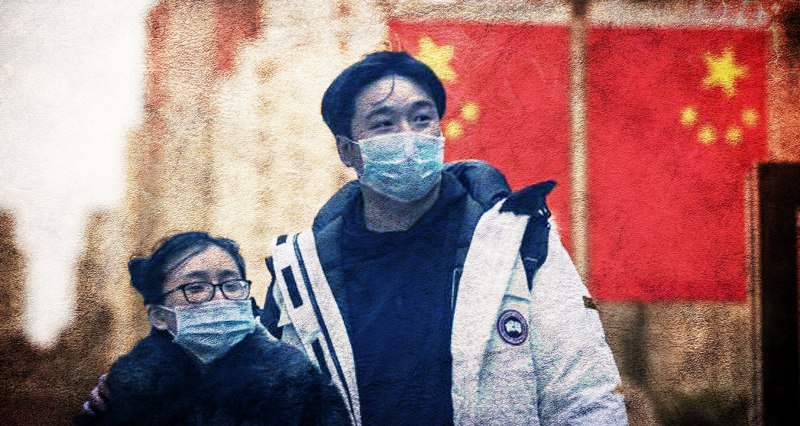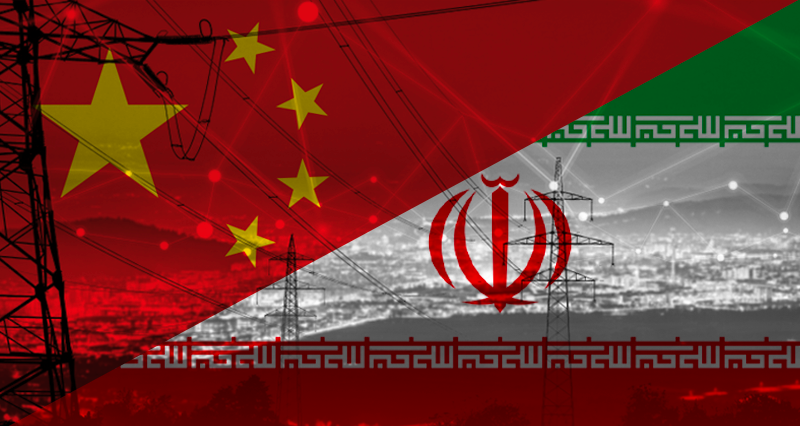The battle against the new strain of coronavirus pneumonia (COVID-19) has reached its most intense and complicated period.
The Chinese government says that in places outside of Hubei, Chinese people are finally starting to return to work. While their return is critical for the economy, it also presents new challenges for preventing the spread of the deadly new virus.
President Xi Jinping said that there had been “positive results” in the fight against coronavirus, but warned that the country “must not relax” its epidemic control efforts, according to state media.
The national prevention and control network has been set up and is in effect. China has attached great importance and effort to the fight against the epidemic, and therefore believe the possibility of a new outbreak is very low.
However, China continues to accuse the US of spreading fear and panic over the coronavirus outbreak.
We asked Anıl Solmaz, a Turkish student who is living and studying in China, about the current situation and the conditions on the ground.
Solmaz is pursuing a master’s degree in Chinese Language and Literature at Shanghai University.

1.) What is the situation in China like right now? Do you have any comments on the social life and psychology of the people in the wake of the coronavirus outbreak? How has daily life been affected?
First of all, contrary to what some are saying, there is no chaotic atmosphere in China. Of course, daily life has changed somewhat compared to before: people are more cautious, maybe even uneasy. In addition to this, people’s activities have been limited for the sake of public health. Nonetheless, you can still see exercising people on the streets and around their homes. Despite the precautions and restrictions, everyone is trying to return to their normal lives in order to motivate themselves and support one another. In regard to my life at the University, I can tell you that the university has been totally locked down. Students who live in the dormitories can only enter and exit with permission of certain authorities. This is because peoples’ lives are very important for the Chinese government. If someone does leave the university, university staff are assigned to monitor their health and temperature etc. Within the borders of the university we have a 24 hour hospital where our health insurance has been set up in advance in order to prevent any delay if we need health care.

Needpix.com
Officials and medical staff are available to provide care for everyone, from locals to international students. Besides, at least since people are more cautious about walking amid crowds, the malls and supermarkets are not quite so crowded! The government has of course suggested avoiding crowded places and using online shopping instead of malls and supermarkets. It is worth noting that China has the world’s most developed and fastest delivery system, so we are able to get whatever we order within a day, from food to personal hygiene products.
2.) How do you evaluate the struggle of Chinese government (scientific, technological, security-wise) against the new coronavirus?
As is well known in the West, China built two hospitals (with a capacity of around 2,500 people) in Wuhan as little as 10 days. In addition to this, to provide demand for masks, they built an entire factory that can produce as much as 50 million masks a month. However, according to some articles I read about the recent improvements in China, the new virus is actually not as virulent as SARS, MERS etc. which is not to say that China has not been very strict in its response. The Chinese government has taken every precaution, regardless of the cost or difficulty.
These efforts show how the government prioritizes the health of the people. For example, because of the high demand, finding masks can be a challenging issue. As a result, the government issued a regulation stating that for certain periods, a certain number of masks are to be allocated for each household. Of course, some speculators tried to take advantage of the situation to make money by selling masks to China, but the government beat them out by providing the masks themselves despite high prices.
3.) How would you assess the general mood of the people in relation to the crisis?
The government has encouraged people to feel hopeful through its precautions and actions. Every day, our teachers and supervisors keep in contact with us to update us and check our mood. For instance, two day ago the Lantern Festival took place. Despite everything, it would be impossible not to take note of the joy on everyone’s faces. The festival activities took place almost exactly as before. After their experience with SARS, the Chinese people are quite aware of the importance of feeling motivated and remaining active. Having learned this lesson well, they are very attentive to maintaining high spirits.
4.) Do you believe that China will succeed in the struggle against coronavirus?
They were successful in defeating SARS, so I have no doubt they will also succeed against this new virus. Doctors, nurses and other medical professionals came to Wuhan from all over China in order to help their country overcome the virus. I believe their efforts and labor were sincere. China will overcome this virus by means of its technology, its resources and its people.
5.) As a Turkish student, do you have any specific messages for your country in relation to the epidemic?
China needs the help of its friends more than ever. Every country, including Turkey, should work with China to fight the virus. Turkey has helped China in the past, and I am sure that this cooperation will continue. It is time for solidarity, and for everyone to do his or her part to contribute to world peace.

















Leave a Reply